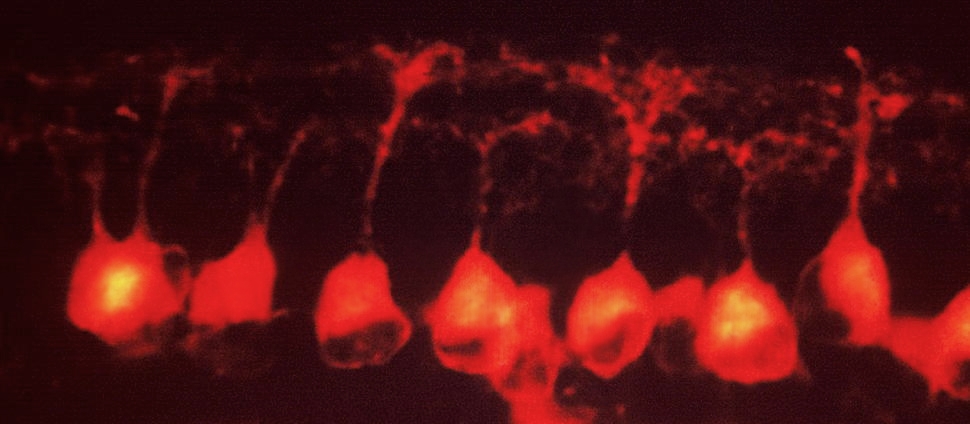Document Type
Article
Publication Date
5-1-2020
Publication Title
Behavioural Processes
Abstract
Group-living animals vary in social behavior across multiple dimensions, including in the selectivity of social interactions with familiar versus unfamiliar peers. Standardized behavioral tests can be used to tease apart different dimensions of behavior. These serve a dual function—on one hand, helping to isolate behavioral factors that may support collective behavior in natural habitats, and, on another, providing a basis for comparative approaches to understanding physiological mechanisms of behavior. Degus (Octodon degus) are South American caviomorph rodents that nest and forage in groups with relatively low genetic relatedness. Flexibility in group membership is likely supported by gregariousness toward strangers, but the relative preference for strangers compared with familiar individuals has not been systematically tested. We assessed the specificity of social preferences in female degus using a same-sex partner preference test. Degus huddled extensively with both familiar and unfamiliar peers, with no average preference for one over the other. Detailed analysis of social interactions demonstrated an effect of familiarity on social investigation and aggressive behaviors, indicating that degus distinguished between familiar and unfamiliar conspecifics, even though it did not impact huddling. This behavioral profile is thus far unique to degus; in similar tests, meadow and prairie voles exhibit strong partner preferences for known peers, while mice exhibit low social huddling and spend relatively less time in social chambers. Understanding how group-living species differ in specific aspects of social behavior such as familiarity/novelty preference and propensity for social contact will offer a foundation to interpret differences in neural systems supporting sociality.
Keywords
Affiliation, Degu, Familiarity, Octodondegus, Partner preference, Partner preference test, Social behavior, Sociality
Volume
174
DOI
10.1016/j.beproc.2020.104102
ISSN
03766357
Rights
© The authors
Version
Author's Accepted Manuscript
Recommended Citation
Insel, Nathan; Shambaugh, Katharine L.; and Beery, Annaliese K., "Female Degus Show High Sociality but No Preference for Familiar Peers" (2020). Neuroscience: Faculty Publications, Smith College, Northampton, MA.
https://scholarworks.smith.edu/nsc_facpubs/25


